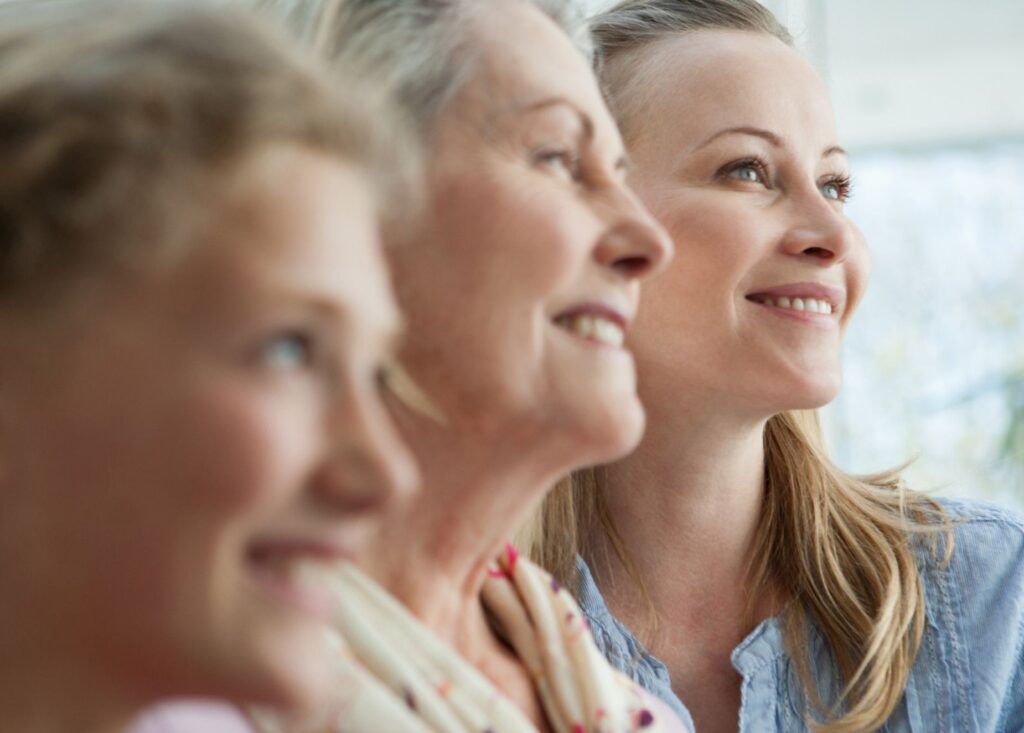- Feel Good
- 19th May 2021
- 921 Views
- 0
- 1 minutes
Embracing the menopause

Time waits for no woman, but that doesn’t mean change comes easy – let alone the change. That’s why we spoke to our Expert in Residence, Dr Rhian Lewis, to better understand the psychological impact of menopause.










Comments